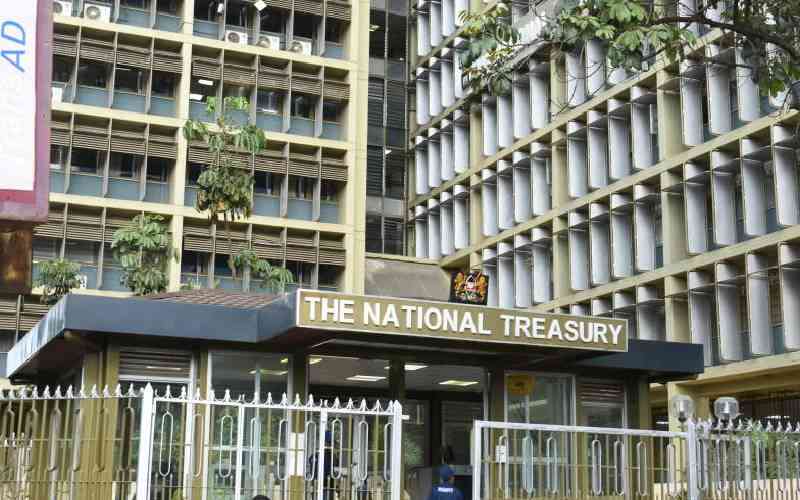×
The Standard e-Paper
Smart Minds Choose Us

Kenya is moving forward with plans to secure a Sh193 billion ($1.5 billion) loan from the United Arab Emirates (UAE). This is despite the International Monetary Fund (IMF) urging caution due to concerns that this could exacerbate the country's debt situation.
To address these concerns, sources cited by Bloomberg indicate that the Abu Dhabi loan will be disbursed to Kenya in tranches, ensuring compliance with borrowing limits set under the four-year IMF programme that concludes in April, reported Bloomberg.